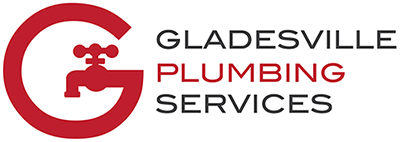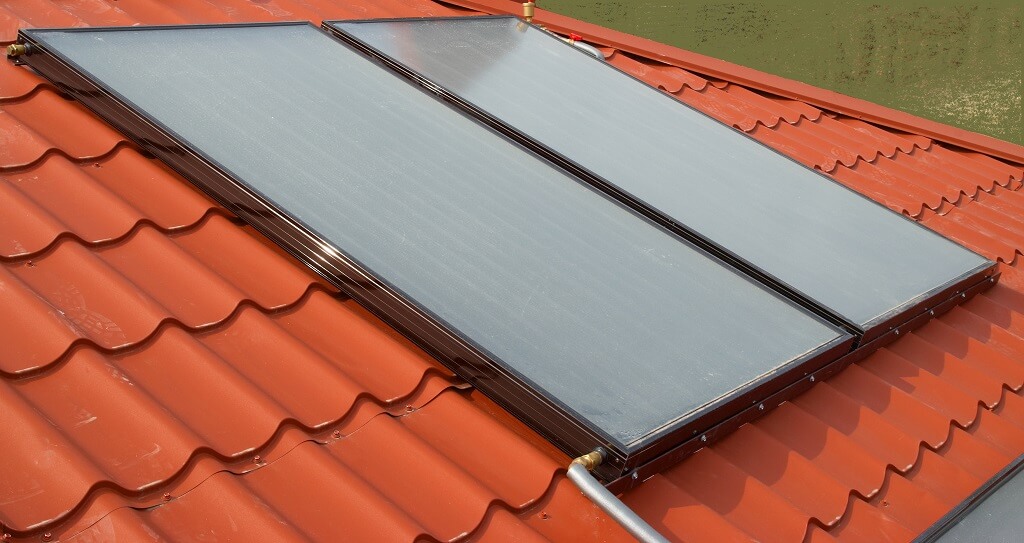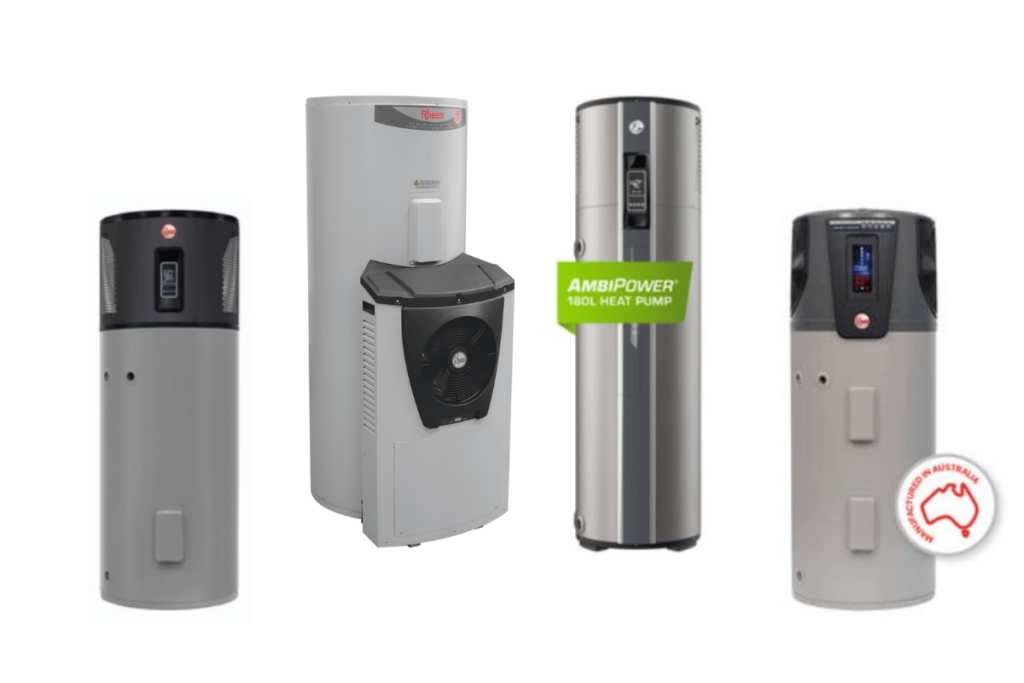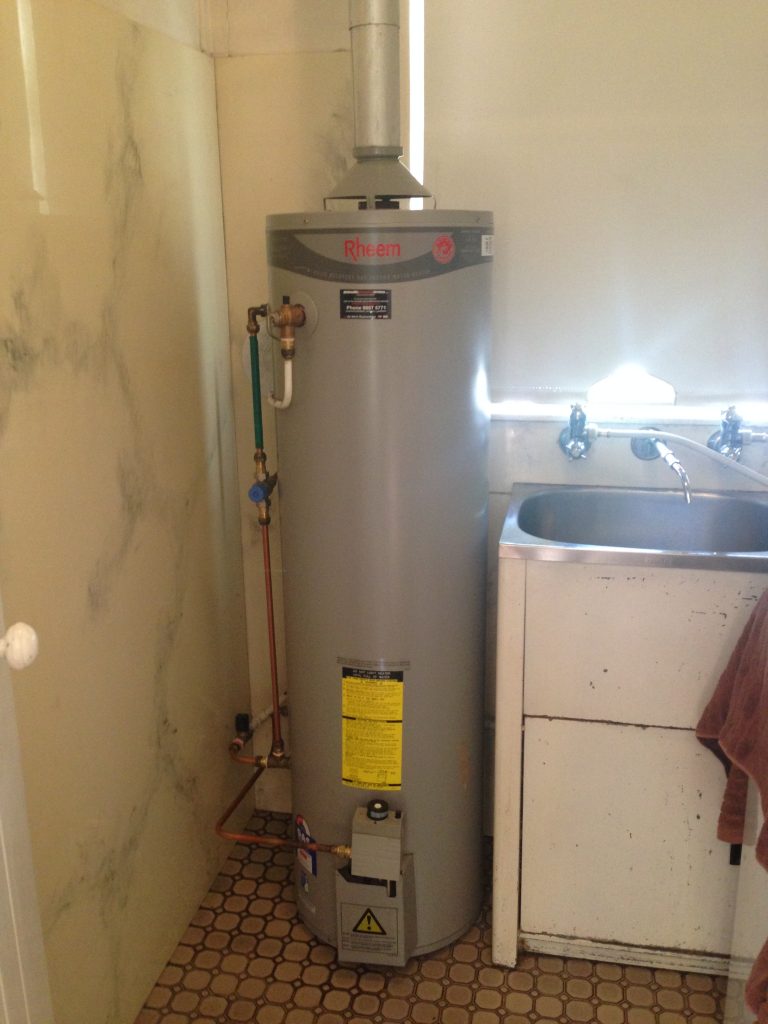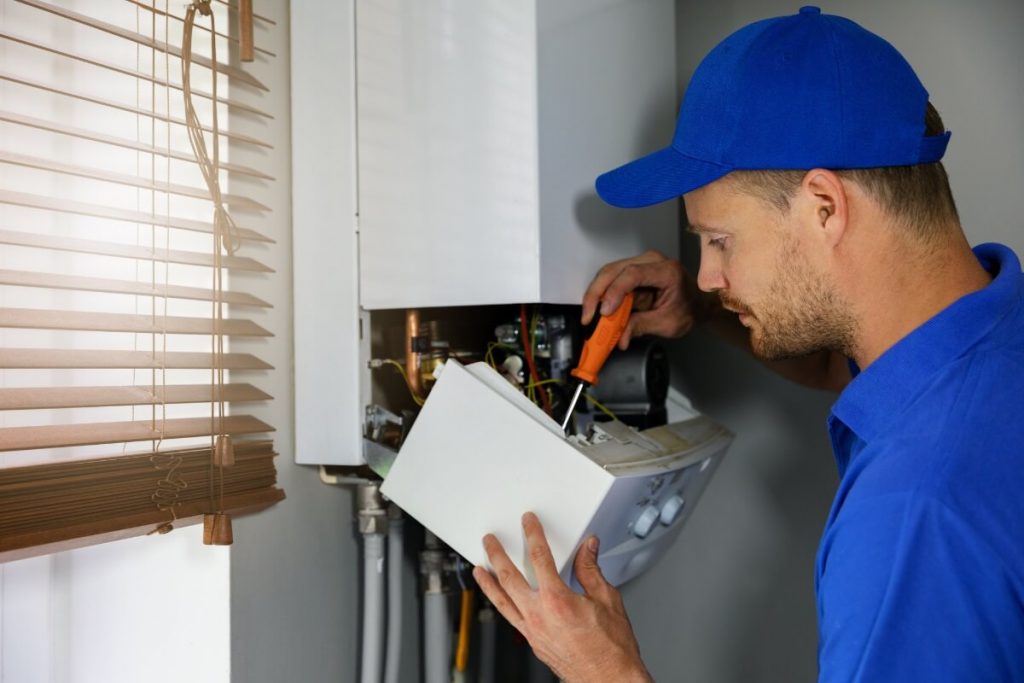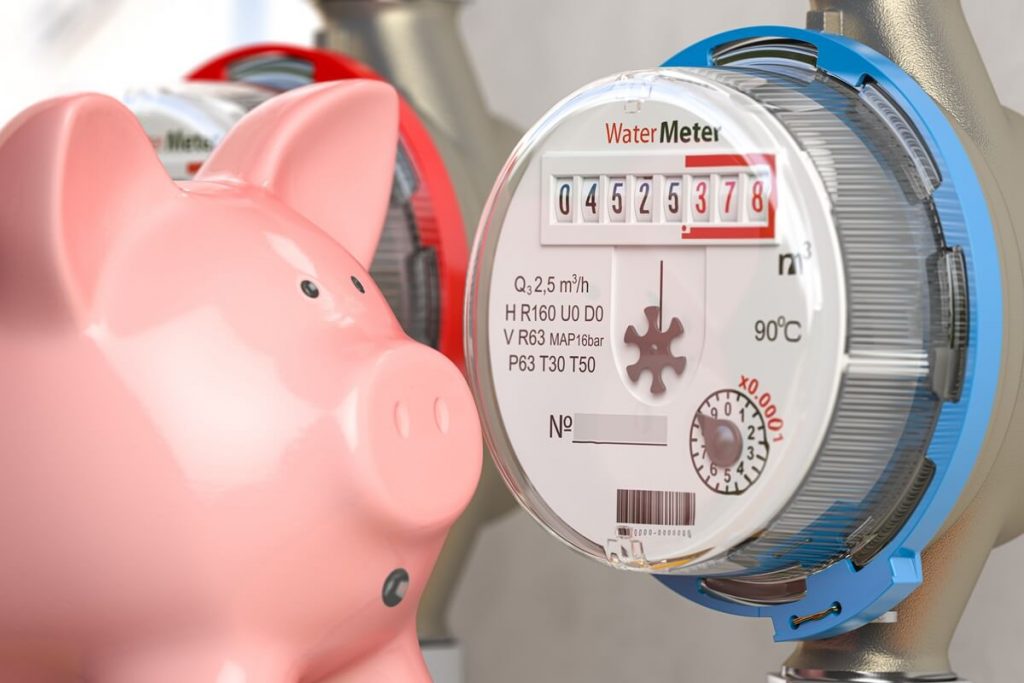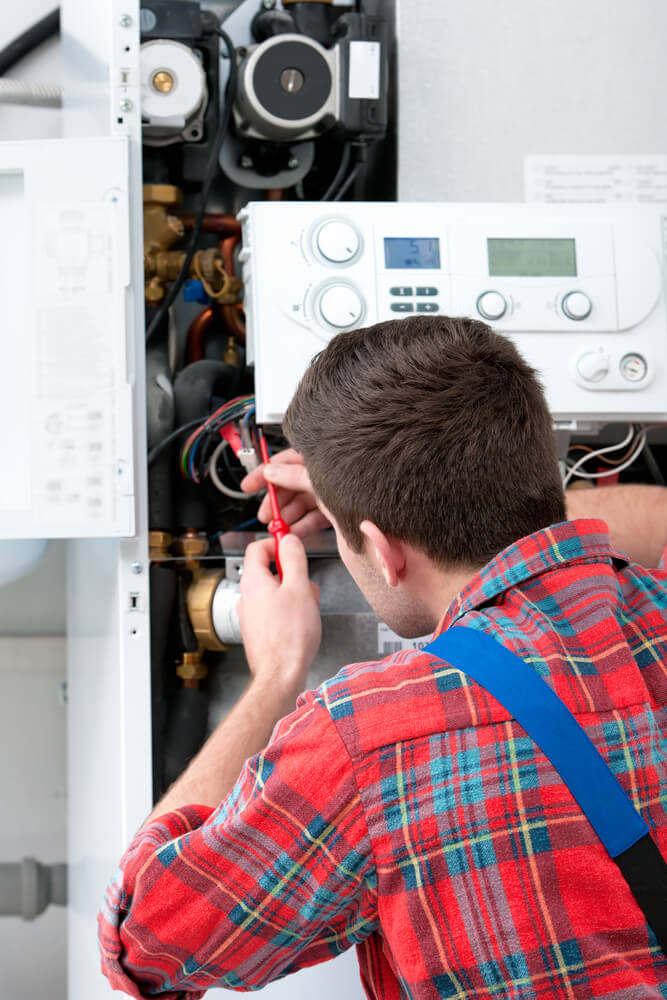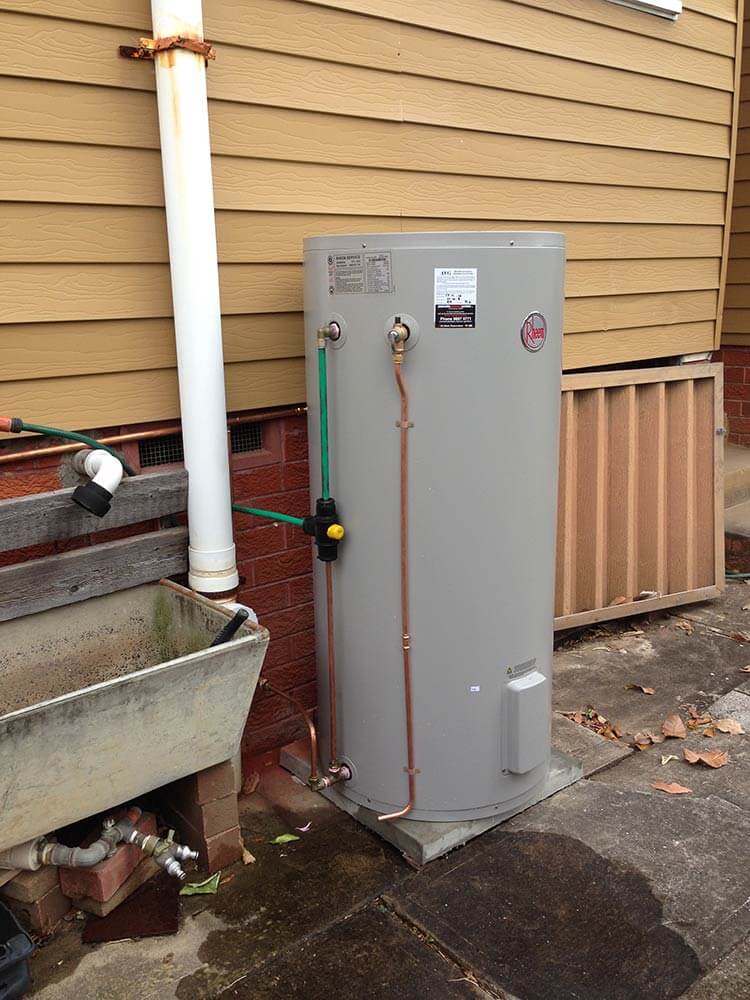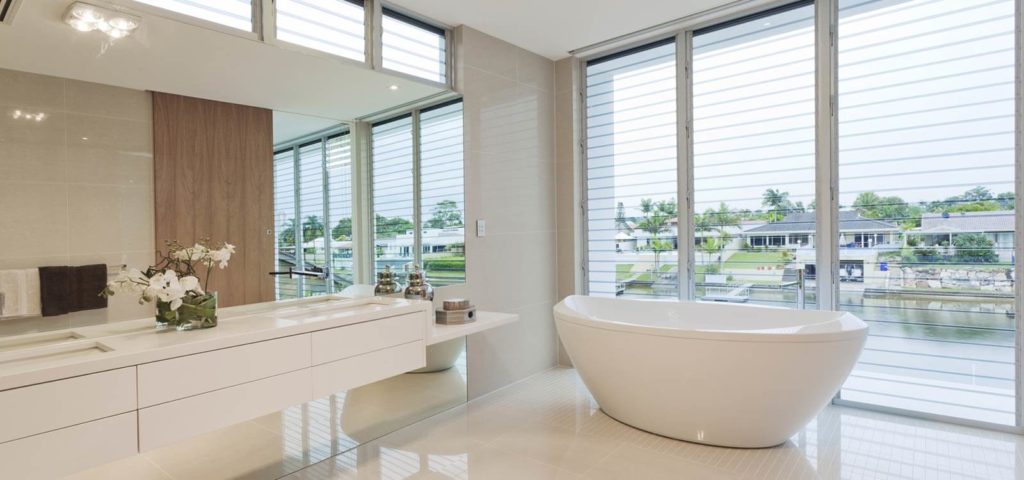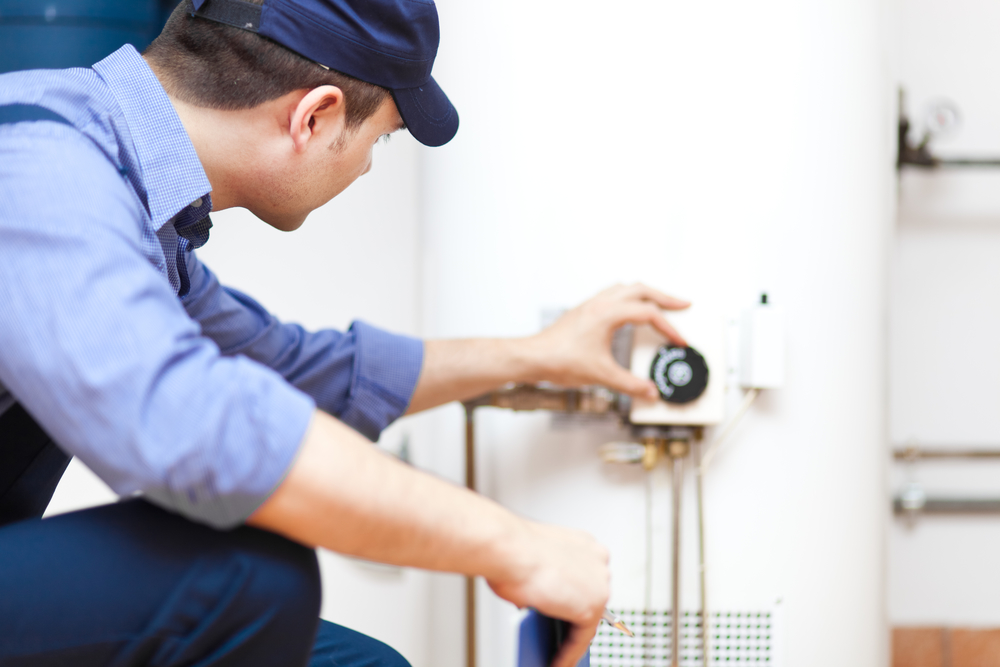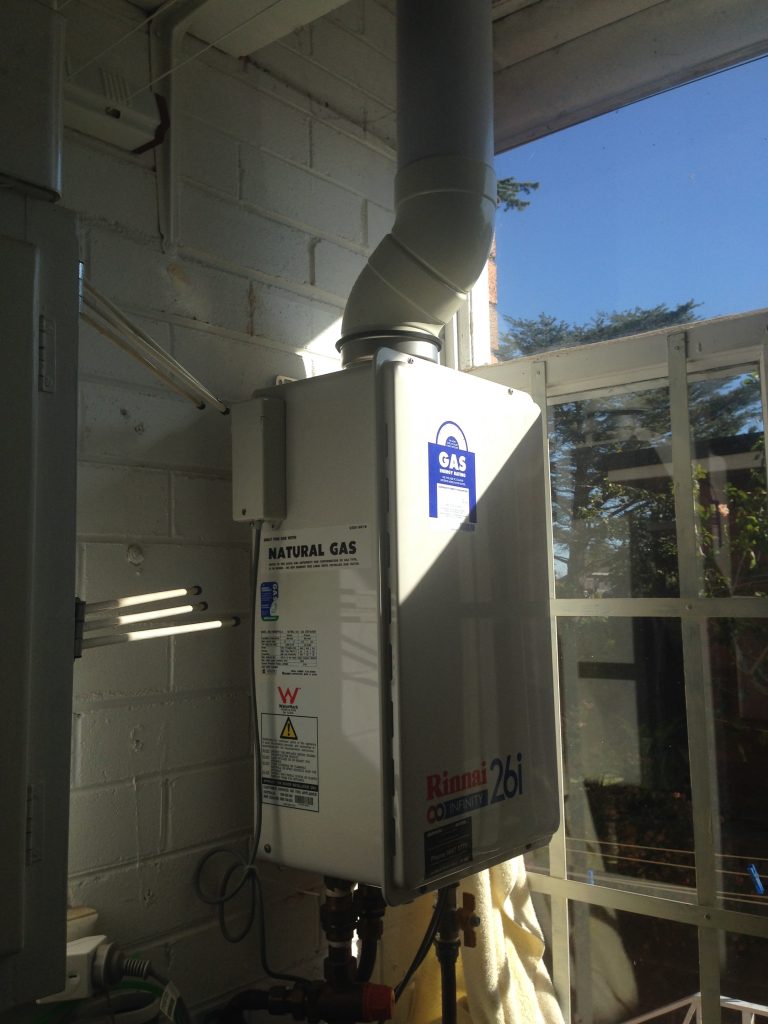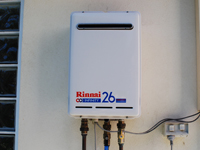When choosing your new hot water system, you’ll want something reliable that is also suitable to your household. There’s so much choice out there, and so many variables to consider, such as the amount of water that’s used, energy efficiency, price, and the type of property you have. All of this can make it seem like a lot of hassle!
Whether you live in inner Sydney or in the city’s suburbs, this can also have an impact on the type of hot water system you choose. Want the pros and cons for each hot water system? Sydney experts Gladesville Plumbing break it down for you – read on!
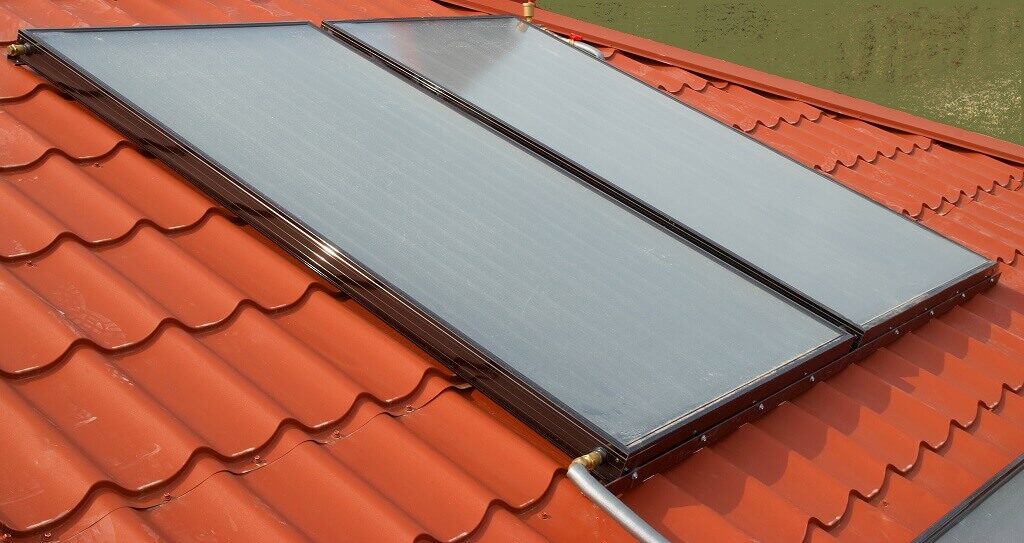
What to consider when choosing a hot water system
There are four main types of hot water system Sydney residents can choose from – gas, electric, solar, and heat pump. There are also storage tank systems and instantaneous systems. Making the decision between them depends on a variety of factors.
The size of your household, and its water use
On average, people in Australia use about 40 to 50 litres of hot water per day. If you take long, hot showers, you could be using more. Knowing your family’s habits will make this decision easier.
If there are only 1 or 2 people in your household, you would be fine with a small storage tank of about 90 litres, while a 4-person household would need about 140 to 170 litres. Five or more people will need 200 to 300 litres. If you’re looking for a continuous hot water system, a 2-bathroom household will need a 22 to 24 litre per minute flow rate. There’s also the option of installing more than one system.
Energy efficiency
Heat pump and solar water heating systems are the most efficient when it comes to energy. Look for the Minimum Energy Performance Standards (MEPS). With gas systems, the energy efficiency ratings aren’t government regulated, so it may be harder to determine how energy efficient it is.
Price
It all depends on which type of system you decide on. With gas, excluding installation, you’re looking at $900 to $2000. Electric systems will usually set you back between $500 to $2000. Solar hot water systems vary more, but the upfront costs are usually $4000 to $8000. Heat pump models range between $2000 to $4000.
The installation costs will also vary quite a lot depending on the system you decide on. If you’re replacing your current system with a similar one with the same capacity and are replacing it in the same area, you’ll be looking at $300 to $700. If you need to change the location of the system, you’ll be paying between $1100 to $2500, depending on how big the job is.
Climate
The climate of the place you live can determine the type of hot water system you choose. Sydney is in the temperate zone and generally has hot summers and mild winters. The hot water system won’t have to work as hard as one would further south, such as in Canberra or Melbourne.
Your property
The size of your property can also determine which type of hot water system you should use. Is there room for the system inside the house, or does it need to be installed outside? There may only be a small space available that would fit an under bench hot water system. You’ll also need to consider whether your home has room for a crane to place the hot water system on the roof of your property.
What are the pros and cons of each system?
Gas
Gas is efficient, so if you have a natural gas connection, this could be a good option. The running costs are cheaper than the electric alternative, and it’s more efficient and environmentally friendly. However, solar and heat pumps are better for the environment, and the initial cost is more.
Electric
These systems are relatively cheap to buy and install and suit a variety of different households. They can be installed indoors or outdoors, so space isn’t so much of a factor. However, electricity prices are expensive – and constantly going up – which makes these systems the most expensive overall.
Solar
These require sunny spots to be the most effective. Most of these systems have a gas or electric booster to ensure that hot water is always available, no matter what the weather is like. They are the most environmentally friendly of all the hot water systems, they cost very little to run, and you may even get some of your hot water for free. They are, however, the most expensive to purchase, and there needs to be space on your roof to place the rooftop collector.
Heat pump
Electricity is used to transfer heat from one place to another in these systems, and they need to be installed in a place with good ventilation – outdoors, usually. While you may save up to 80% on the cost of hot water than you would with electric, you will require space. They can also be quite noisy and have a high initial cost.
For professional hot water system installation, Sydney homeowners trust Gladesville Plumbing. For expert advice or to request a quote, get in touch today.
